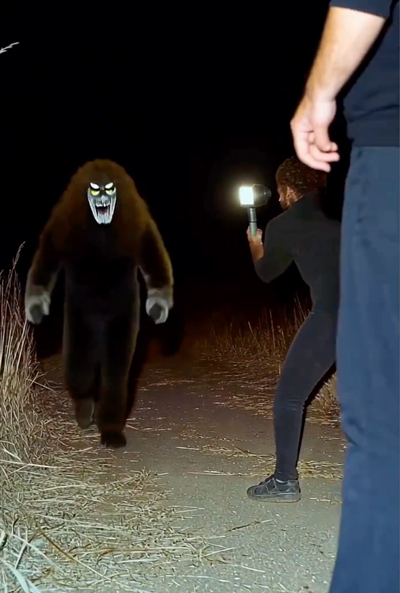‘Is it such great misfortune to cease to be?’ –Racine
Aging brings two opposing trends in cancer risk: first, the risk climbs in our 60s and 70s, as decades of genetic mutations build up in our bodies. But then, past the age of around 80, the risk drops again. […]
What emerged was higher levels of a protein called NUPR1 in the older mice. This caused cells to act as if they were deficient in iron, which in turn limited their regeneration rates – putting restrictions on both healthy growth and cancerous tumors. […]
The same processes were found to be happening in human cells too […]
“Aging cells lose their capacity for renewal and therefore for the runaway growth that happens in cancer.”



